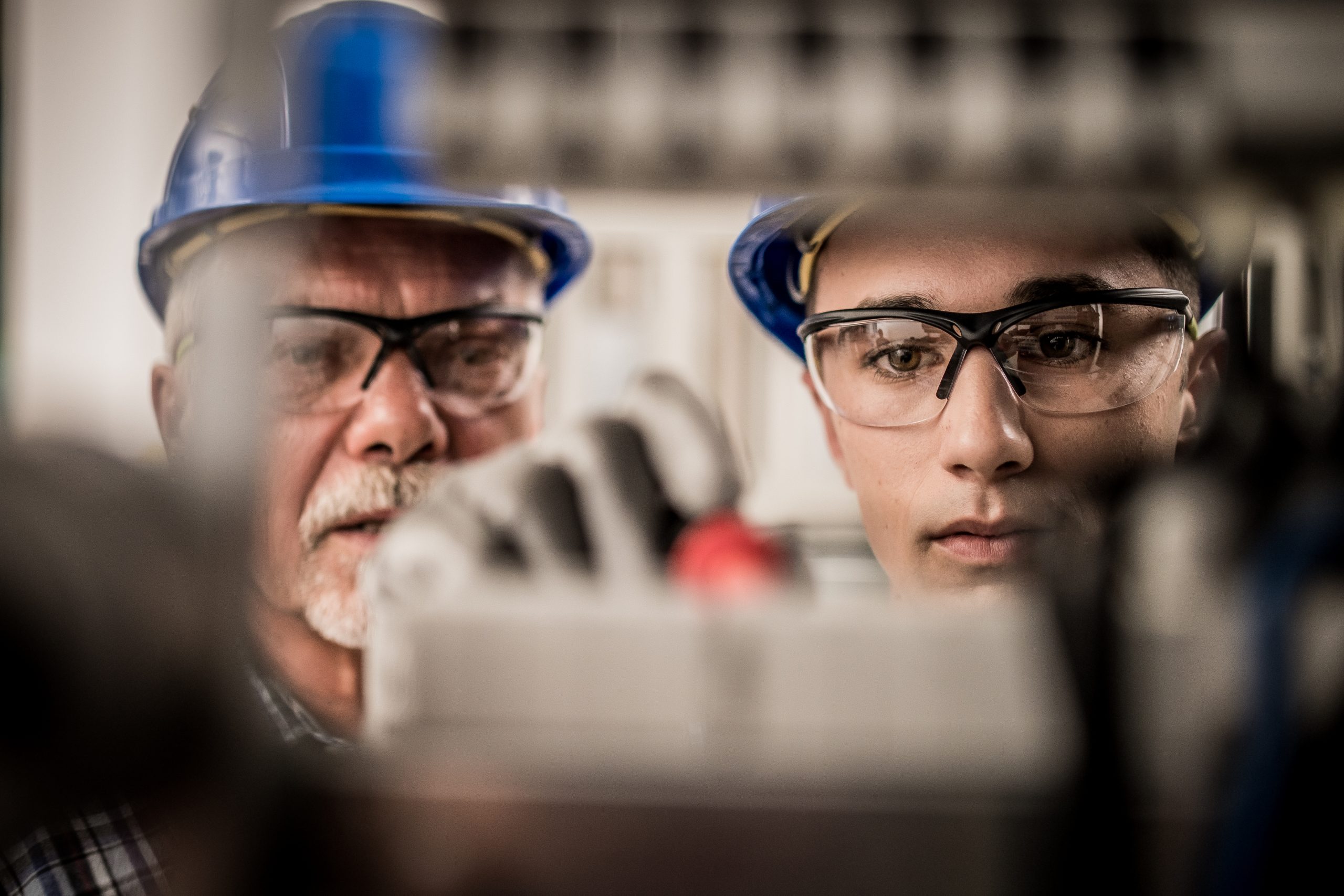Themes 2021
In 2021
The European Week of Active and Healthy Ageing
will touch upon some of the main topics put forward by the World Health Organisation:
- Track A: Driving a platform for innovation and change
- Track B: Adapting health and care systems to the changing needs of an ageing population & drawing on the emerging learnings from the Coronavirus outbreak in 2020
- Track C: Promoting Intergenerational Solidarity
- Make the socio-economic case for impact investment into healthy ageing
Driving a platform for innovation and change
Fostering Healthy Ageing requires promoting innovation, voluntary knowledge exchange and technology transfer, and attracting resources (people, institutions and financing) to address the major challenges we face today. Development of innovations will require significant strengthening of capacity at system, institutional and individual levels. It will also need greater collaboration across organizations, disciplines and countries
Adapting health and care systems
As people age, their health and care needs tend to become more complex to manage due to greater risk of chronic diseases. Transformation is needed to re-design health & care systems that ensure affordable access to integrated services that are centred on the needs and rights of older people. Aligning health and care systems is a must to ensure sustainability and access to medical and social services.
Promoting Intergenerational Solidarity
Intergenerational Solidarity has sought its space and acknowledgement within European policy domain for several years and this peaked in 2012, which was the year of “solidarity between generations”. However, the term still does not have one commonly accepted definition. In the aftermath of Covid-19, such a topic could become a part of a broader discussion, including pension schemes, social support; employment policies and more. The question of equality, equal access and solidarity have been especially crucial in containing the public health crisis. What do we want to promote in Europe in the decade of active and healthy ageing when it comes to intergenerational solidarity?
Investing into Healthy Ageing
A better understanding of the costs and opportunities of Healthy Ageing is a starting point for sustainable, equitable and effective responses toward ageing societies. Public investment ought to be accompanied by an equal case for industrial innovation in health and care. What is the right balance between public and private? How can the public sector create the conditions for win-win approach where the private foster the innovation that the public sector is seeking for?




